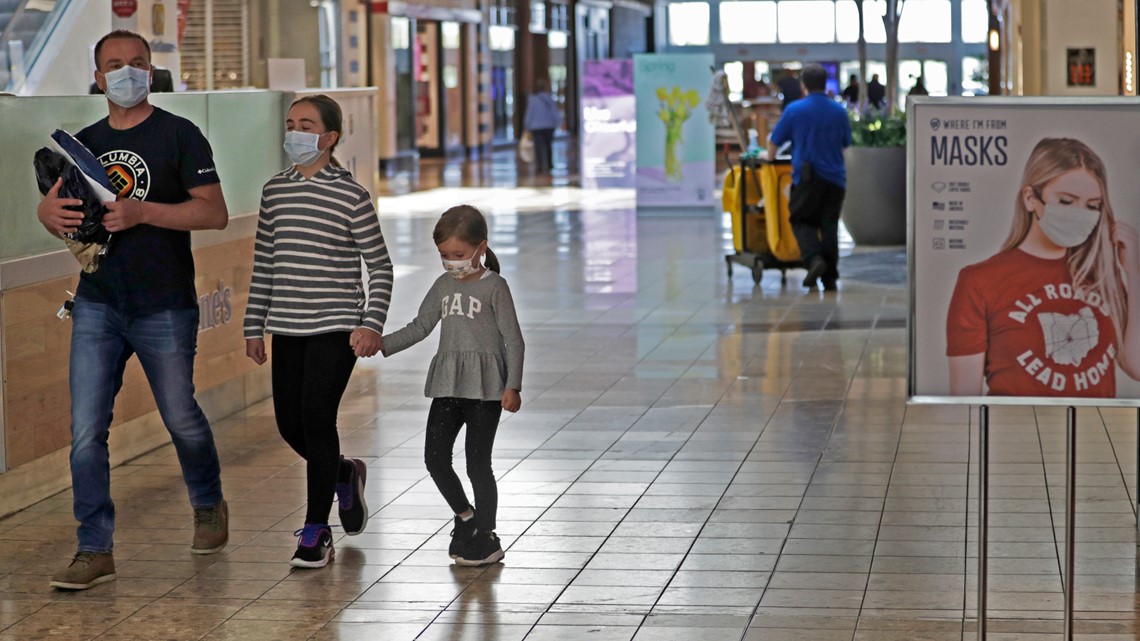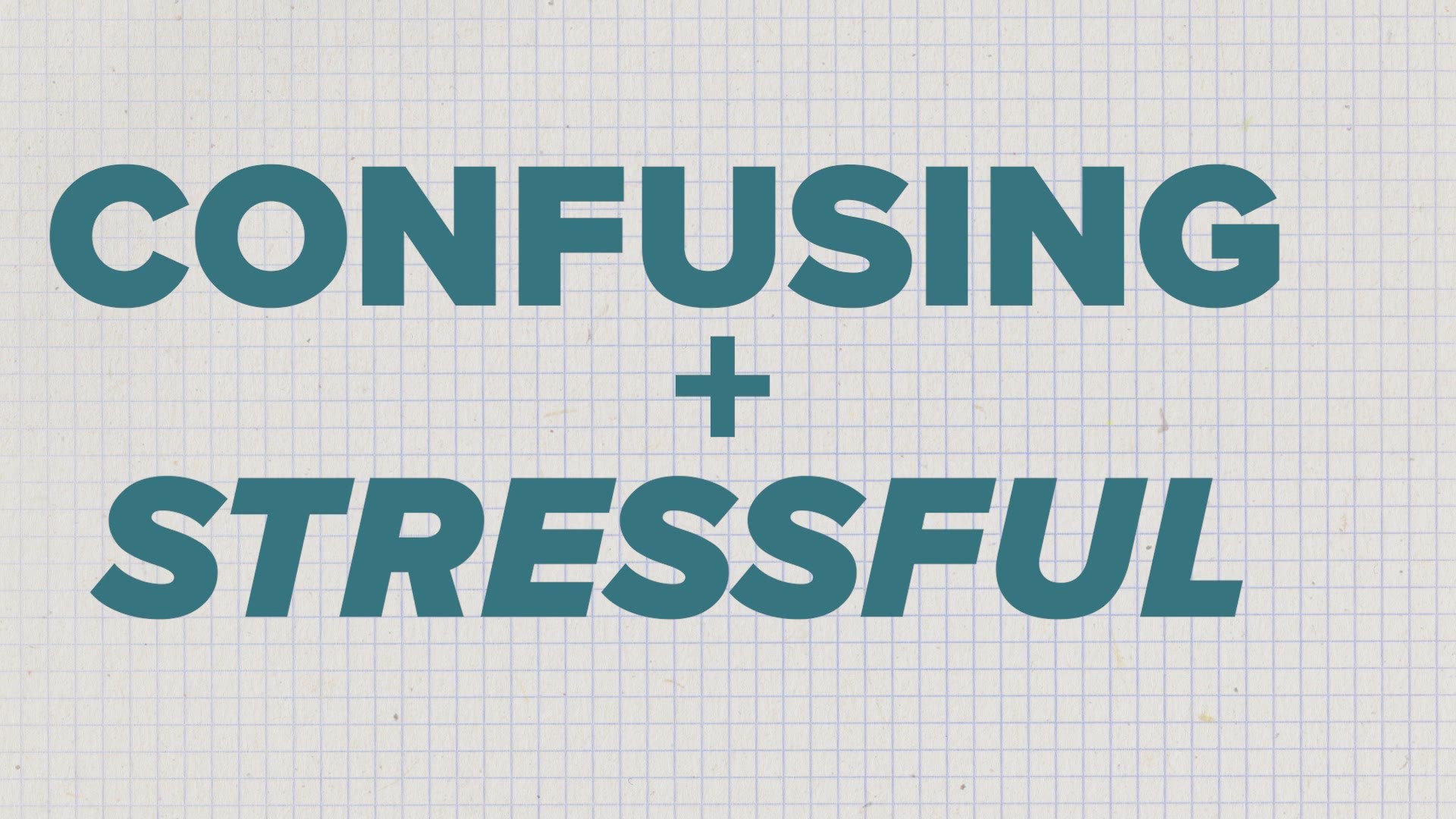WASHINGTON — U.S. consumers increased their spending by 1.9% last month, a dose of support for an economy struggling to emerge from the grip of a pandemic that has held back a recovery and kept roughly 27 million people jobless.
The July gain marked the third straight monthly increase in consumer spending, the primary driver of the U.S. economy. Friday's report from the Commerce Department also showed that income rose 0.4% in July after two months of declines.
The consumer spending report arrives amid a hazy economic landscape, with high unemployment, struggling businesses and deep uncertainty about when the health crisis will be solved and when people and companies will feel confident enough to spend and hire normally again. It also comes weeks after the expiration of a $600-a-week federal unemployment benefit deprived millions of a key source of income and dimmed the outlook for consumer spending.
The economy, after a catastrophic fall in the April-June quarter, is likely expanding again. Home and auto sales have been strong. Stock prices have set record highs.
A persistently high level of confirmed viral cases has damaged several industries, especially those involved with travel, tourism and entertainment, and is holding back growth. On Thursday, the government reported that roughly 1 million people applied for unemployment benefits last week — a historically high level that has prevailed for weeks.
The Conference Board, a business research group, reported this week that consumer confidence has tumbled to its lowest level since 2014. And in survey results released this week by the National Association for Business Economics, two-thirds of economists who were polled said they thought the economy remains in recession. Nearly half said they didn’t expect it to return to pre-pandemic levels until mid-2022.



